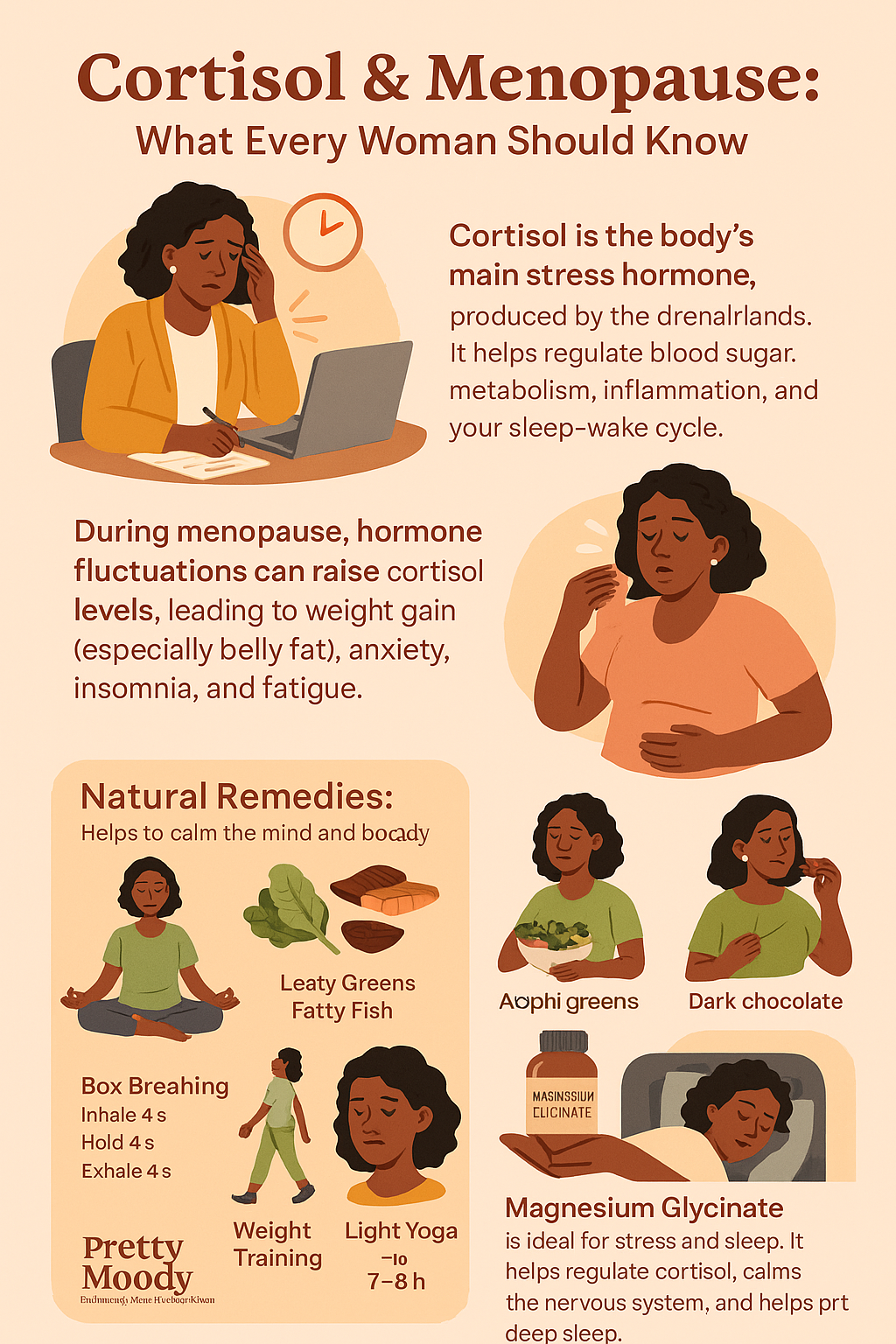What is menopause?
The average age for menopause is 51, but it can happen sooner than that. Stress can be a factor in early menopause, but it’s not the only cause. Other things that can play a role are your family history and your lifestyle choices. If you smoke, drink heavily, or don’t exercise, you’re more likely to experience early menopause.
There’s no one answer to whether stress causes early menopause. Some studies suggest that women who are under a lot of stress are more likely to go through menopause at an earlier age. But it’s hard to say for sure if stress is the cause or if it’s just a coincidence.
If you think stress might be playing a role in your early menopause, there are things you can do to manage it. Contact your doctor about ways to reduce stress in your life. They may suggest meditation, yoga, or other relaxation techniques.
What causes menopause?
Menopause is when your periods stop due to lower hormone levels. This usually happens between the ages of 45 and 55. It can sometimes happen earlier naturally. Or for reasons such as surgery to remove the ovaries (oophorectomy) or the uterus (hysterectomy), cancer treatments like chemotherapy, or a genetic reason.
The ovaries produce less estrogen and progesterone as a woman approaches menopause, which can lead to changes in the menstrual cycle and eventually cause menopause. There are several theories about what may contribute to the onset of menopause, including genetics, lifestyle choices, and stress.
Genetics: Family history can play a role in when a woman begins menopause. If your mother or grandmother started menopause at an early age, you may be more likely to do the same.
Lifestyle choices: Some lifestyle choices may contribute to the onset of menopause. These include smoking cigarettes, drinking alcohol excessively, being overweight or obese, and having high-stress levels. All of these factors can lead to hormonal imbalances that can trigger early menopause.
Stress: Stress is another possible factor that may contribute to early menopause. Chronic stress can disrupt the body's hormone balance, which can lead to the ovaries producing less estrogen and progesterone. This hormonal imbalance can then cause changes in the menstrual cycle and eventually lead to menopause.
Can stress cause menopause?
Stress is well known for wreaking havoc on our bodies and minds. But can it also cause menopause? While the jury is still out on this one, some experts believe that stress can indeed cause menopause to occur earlier than usual.
So how does stress impact menopause? When we are stressed, our bodies produce more cortisol. This hormone has been linked to a variety of health issues, including a decrease in bone density and an increase in abdominal fat.
Cortisol also inhibits the production of other hormones, like estrogen. Estrogen is in charge of regulating our menstrual cycles. So when levels are low, menstruation may cease altogether, leading to early menopause.
Of course, many other factors can contribute to early menopause, including genetics and certain medical conditions. But if you're experiencing premature menopausal symptoms and you believe stress may be to blame, it's important to talk to your doctor. They can help you manage your symptoms and find ways to reduce stress in your life.
How to manage stress during menopause
It's no secret that stress can wreak havoc on our bodies, and menopause is no exception. While there's no definitive answer as to whether or not stress can cause early menopause, it can certainly exacerbate the symptoms and make the transition more difficult.
If you're dealing with stress during menopause, here are a few tips to help you manage:
1. Identify your triggers. What situations or activities tend to make your stress levels spike? Once you know what these are, you can start to avoid them or be better prepared to deal with them.
2. Practice relaxation techniques. Taking some time out for yourself to relax can make a big difference in how you're feeling. Whether it's yoga, meditation, deep breathing exercises, or simply taking a hot bath, find what works for you and make it a priority in your day-to-day life.
3. Get moving. Exercise is a great stress reliever, and it does not have to be strenuous or time-consuming to be effective. Taking a brisk walk around the block or going for a light jog are all excellent options.
4. Connect with friends and family. Social support is crucial during times of stress, so reach out to your loved ones when you need a pick-me-up or just someone to talk to.
5. Seek professional help if needed. If your stress levels are consistently high and have a negative influence on your quality of life.
Conclusion
There's no doubt that stress can have a major impact on our health, but can it cause early menopause? While the jury is still out on this one, some studies suggest that there may be a link between stress and early menopause. So, if you're experiencing symptoms of menopause before the age of 45, it might be worth considering whether stress could be a factor. If you're struggling with your stress levels, or menopause in general on any level, we are here to support you on your journey. Please don’t hesitate to reach out to us at www.prettymoody.com, we are a safe place for women to learn and grow with while offering natural, high-quality products.



